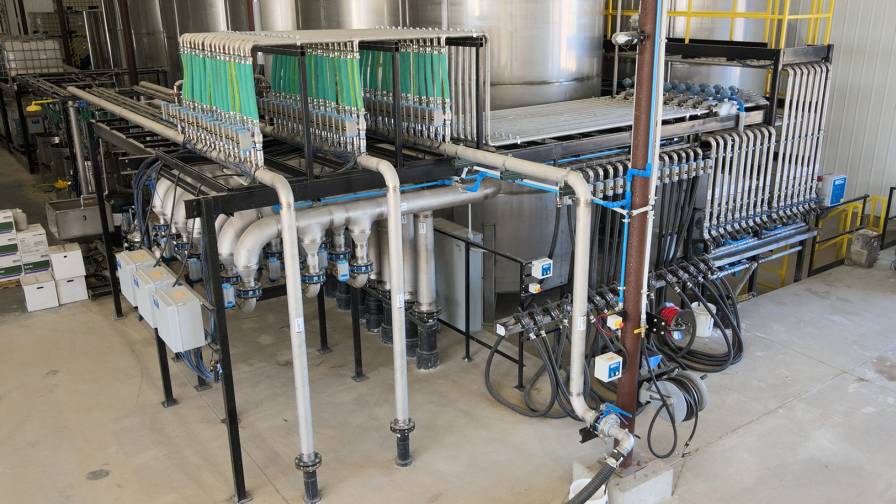Chemical Facility Security Bill Extended To 2014
A bill (S. 473) that would extend a set of performance standards for chemical plant protection until 2014 advanced through the Senate Homeland Security and Governmental Affairs Committee on June 29.
The Chemical Facility Anti-Terrorism Standards program (CFATS), sets 18 risk-based performance standards that high-risk chemical facilities must meet. These security standards cover a range of vulnerabilities, such as perimeter security, access control, theft, internal sabotage and cyber security, according to the committee.
A similar bill aimed at extending CFATS for seven years was approved by the House Homeland Security Committee on June 23. According to House Homeland Security Committee chairman, Rep. Peter King (R-NY), extending the regulations would provide chemical manufacturers regulatory stability and not impose additional, possibly costly, regulation.
DHS is still in the process of fully implementing CFATS, necessitating an extension of the existing regulatory authority, according to King. To date, DHS has reviewed information submitted by more than 39,000 chemical facilities and determined that 4,744 are high-risk and, therefore, covered under CFATS.
Both the House and Senate bills have strong bi-partisan support.
This risk-based approach has made the owners and operators of chemical plants partners with the federal government in implementing a successful, collaborative security program, said a statement issued by the Senate committee’s Ranking Member Susan Collins (R-ME). The law has been in place for over four years, she said.
“Simply put, the program works and should be extended and I am pleased the committee agreed,” said Sen. Collins. “Chemical facilities are tempting targets for terrorists. The Department of Homeland Security has done a good job developing a comprehensive chemical security program. It has yielded a successful collaborative, risk-based security framework – providing a model for other security-related programs. The roles under the law are clear: the federal government sets requirements but recognizes that owners and operators of facilities are in the best position to design appropriate security measures to meet those requirements for their facilities.”
The bill would foster the development of voluntary exercise and training programs to improve collaboration with the private sector and State and local communities and create a voluntary technical assistance program under the existing CFATS structure that would allow DHS, at the request of the owners/operators of covered chemical facilities, to provide recommendations or assistance to covered facilities to aid in compliance with the CFATS program or to reduce the risk of consequences of a terrorist attack on the covered facility. It would also create a chemical facility best practices clearinghouse and private sector advisory board at DHS to aid in the implementation of CFATs and the voluntary technical assistance program.
To read a copy of a letter of support for S. 473 from the Agricultural Retailers Association and several other national agricultural organizations, click here.
(Source: Government Security News)






